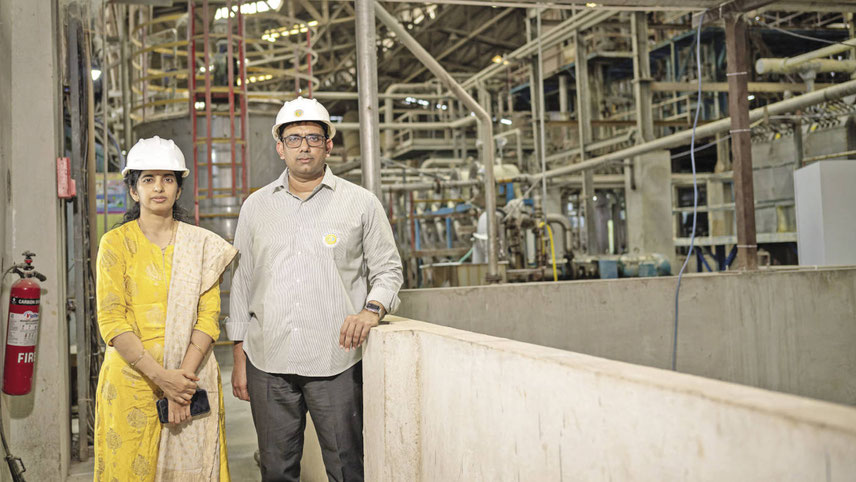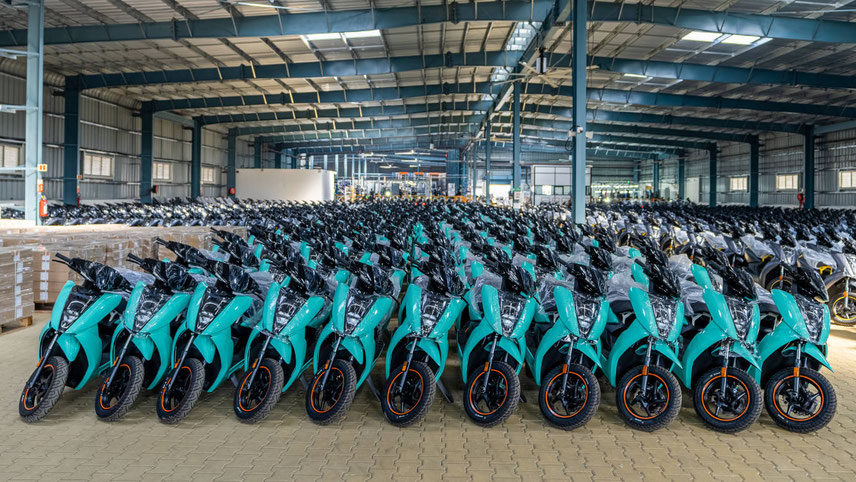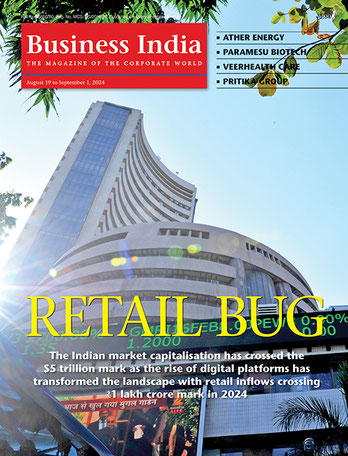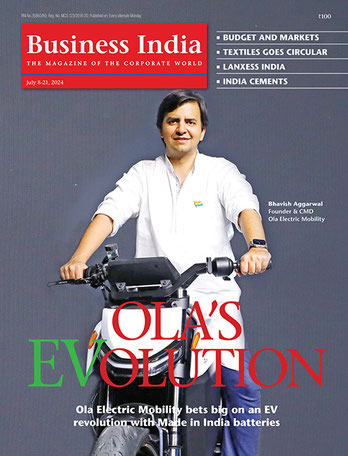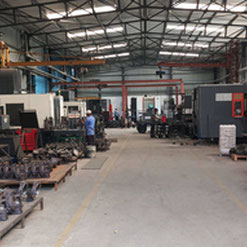
In the global fight against climate change, energy efficiency stands as a critical instrument in reducing carbon emissions and fostering sustainable development. Central Public Sector Units (CPSUs) in India, with their vast operational scale and extensive workforce, are uniquely positioned to lead this transformation. Global platforms like the G20 and COP28 have underscored the urgent need to double the rate of energy efficiency improvements to meet ambitious climate targets. These international mandates call for bold measures to reduce energy consumption and carbon footprint. CPSUs, as vital entities in the Indian economy, play a pivotal role in aligning with these global directives. Public sector units, employ nearly 2.5 million people, indirectly impacting the lives of about 10 million individuals. With an annual energy consumption of around 47.5 TWh in major CPSUs, the potential for energy savings and carbon reduction is enormous. However, realising this potential requires overcoming several inherent challenges. Energy efficiency often operates behind the scenes. Unlike renewable energy projects, which are highly visible and attract substantial attention, energy efficiency measures are less conspicuous, resulting in lower prioritisation and awareness. Additionally, energy efficiency initiatives often impact the cost side of the business equation. The initial capital outlay for energy-efficient equipment is typically higher, which can act as a deterrent despite the long-term savings they offer. Overcoming this financial barrier necessitates strategic planning and investment. The benefits of energy efficiency, such as reduced operational costs and lower carbon emissions, are often realised over time, making it challenging to justify the initial expenditure. This requires a shift in perspective to value long-term gains over short-term costs. The government of India has already enabled these measures of lifecycle-cost based procurements in their procurement guidelines. With this enabling provision, an increased adoption of lifecycle-cost based procurements by CPSUs is driving the change in purchase choices towards more energy efficient products. CPSUs can significantly lower their energy use and set a benchmark for others to follow by transitioning to energy-efficient appliances, optimising processes and implementing advanced energy management systems. Adoption of energy-efficiency measures during construction of CPSU projects and infrastructure creation could create significant public value, as significant energy consumption also goes into infrastructure creation. This includes using energy-efficient appliances and technologies during construction and renovation phases, ensuring that new or refurbished infrastructure adheres to high energy efficiency standards from the outset. Energy efficiency is not an intervention, but a way of life. It integrates seamlessly with the Mission LiFE (Lifestyle for environment) envisioned by the prime minister. With a workforce of 2.5 million, CPSUs have the power to influence personal energy consumption habits and drive social norms towards an energy efficient lifestyle through their own employees. Programmes and incentives for adopting energy-efficient appliances and behaviours at home can create a ripple effect, contributing to broader societal change. Further, leveraging CSR initiatives on energy-efficiency projects could create a large-scale impact on community-based energy-efficiency programmes, awareness campaigns and support for research and development of new energy-efficient technologies. Continuous cultivation of a culture of energy efficiency within CPSUs and their extended communities would require regular training, workshops, and communication campaigns to highlight the importance and benefits of energy efficiency. By increasingly making energy efficiency.
















